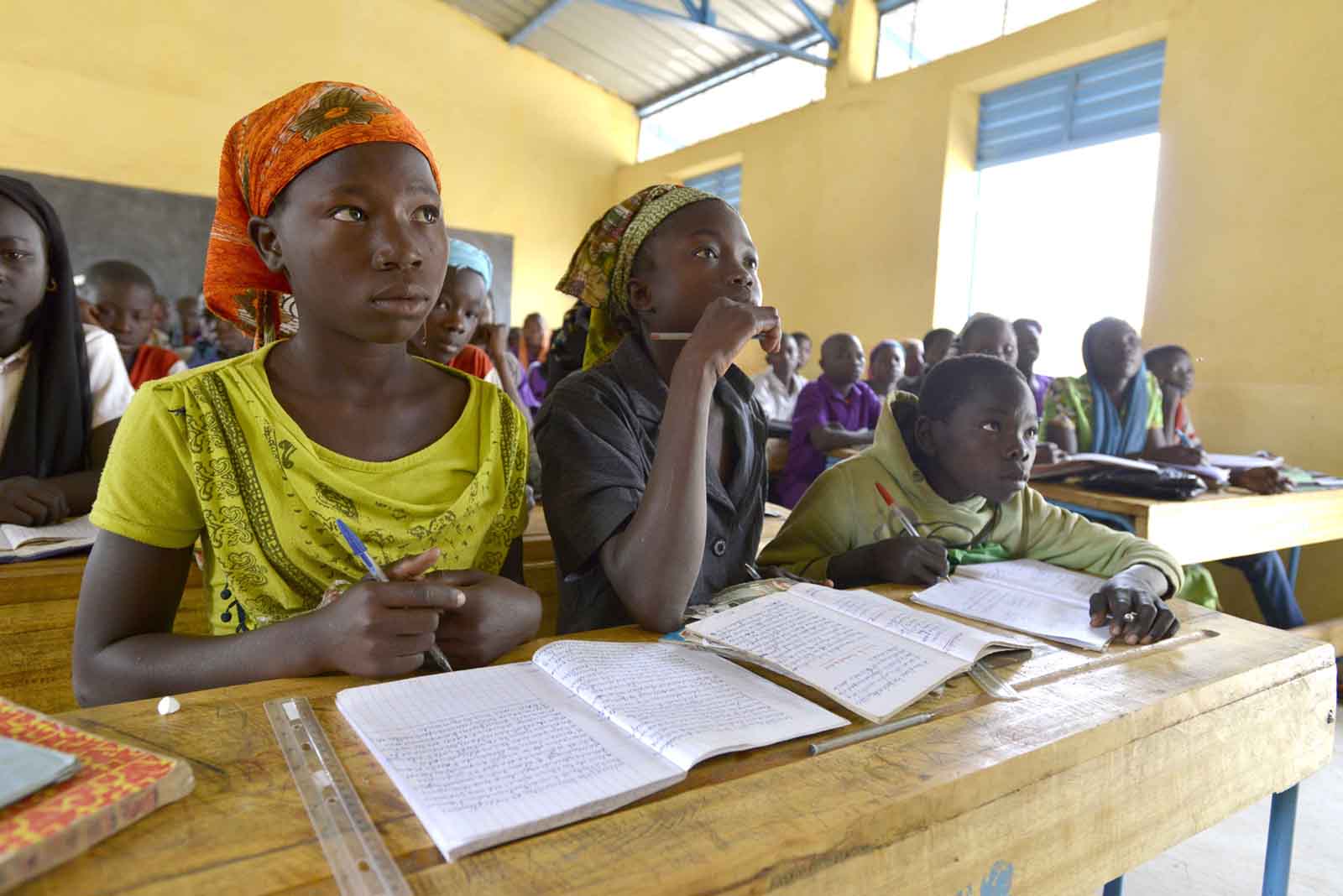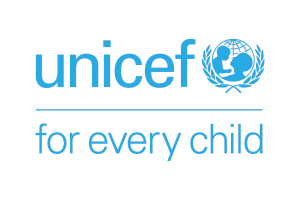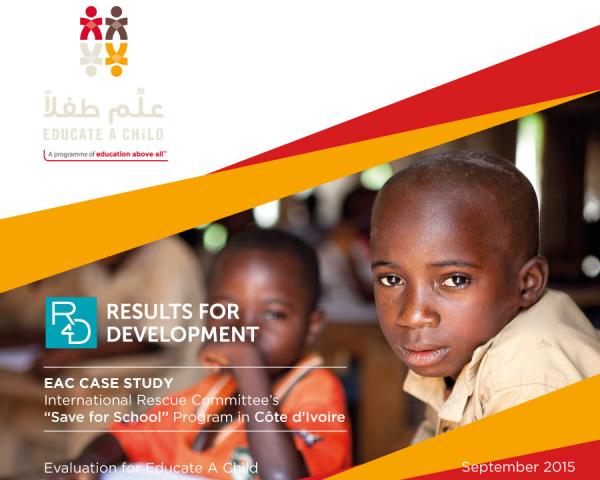Revitalizing Basic Education in Chad

In Chad, one of the poorest countries in the world, the poor quality and inadequate availability of school facilities and other resources contributes to low enrolment and high drop-out rates.
With EAC's support, the Global Partnership for Education (GPE) and UNICEF Chad are working to bridge the gaps in access to and quality of education by improving the in-take capacity of the primary education system, and improving the quality of primary education in Chad. The Revitalizing Basic Education in Chad project works in targeted primary schools in the regions of Guéra, Logone Occidental, Ouadaï and Sila to support the government’s efforts to increase primary-school completion rates from 37 per cent in 2011 to 80 per cent in 2020.
The first component of the project is to restore and improve the physical learning environment in schools in order to encourage enrolment and retention of vulnerable groups. The in-take capacity of targeted schools is increased through the construction and equipment of 390 additional classrooms.
The second component improves the quality of primary education through the provision of books and guides to classes 1 and 2, as well as other learning materials, such as slates and blackboards; training community teachers; reducing repetition; and constructing water and sanitation facilities.
The issue of girls’ education is addressed through the stimulation of education demand and the provision of incentives, such as education kits, support to parent-teachers’ associations (PTAs) and catering for school-feeding programmes.















